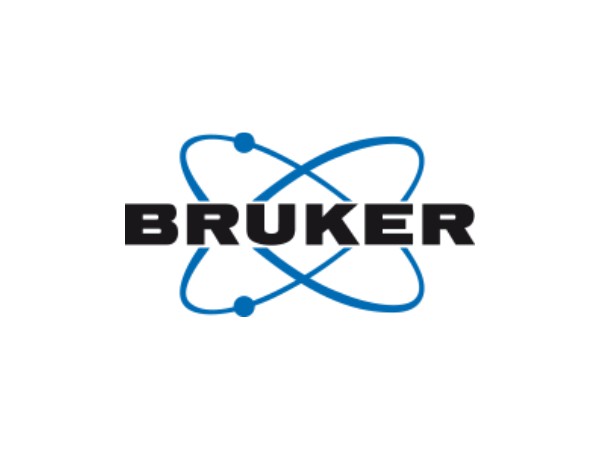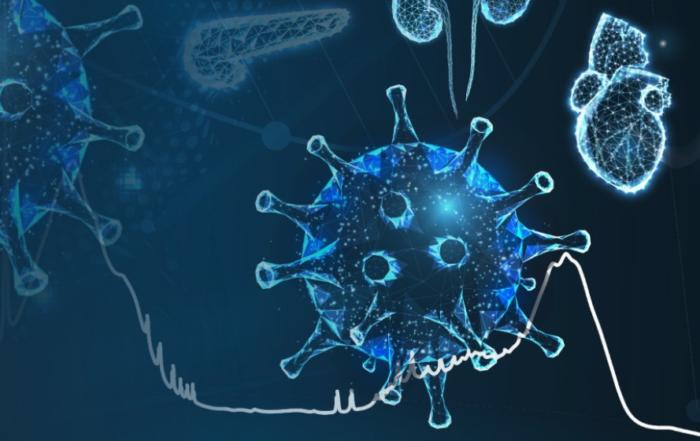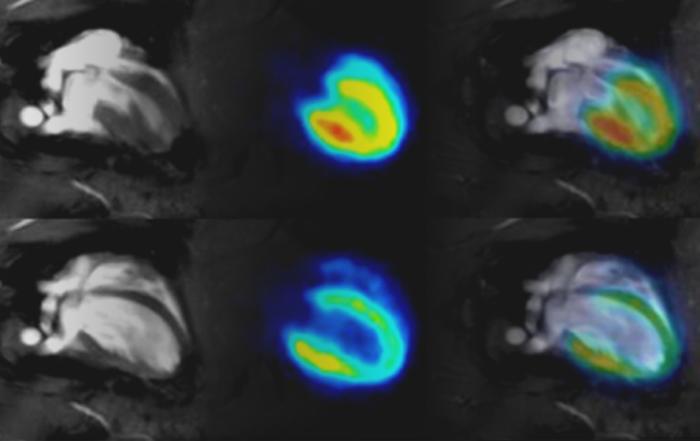Dr. Sharman explains the impact of using NMR for the quality control and release of drug molecules currently in shortage due to the Coronavirus pandemic.
We are living through a public health crisis the likes of which has not been seen for generations. But we go into this crisis with one key advantage compared to previous generations – our scientific knowledge and capabilities are a major weapon against the virus, and we find ourselves in a race against time to develop effective therapies and preventative treatments. NMR is a key technique that forms a part of the backbone of analytical chemistry which so underpins much of drug discovery, development and manufacturing.
During this webinar hosted by Bruker, Dr. Gary Sharman stresses the importance of NMR in this process, with particular reference to COVID-19. He focuses primarily on the impact of using NMR for the quality control and release of existing drug molecules which are in shortage for one reason or another due to the pandemic, and on the solutions which can assist in this process. This presentation will be of particular interest to both spectroscopists and non-NMR experts alike.
Presenters
Senior Scientific Director
Mestrelab







